Trending Now
Sunday, Nov, 2024
Home / The World Economic Forum (WEF) Releases Education 4.0 Report 2022
The World Economic Forum (WEF) Releases Education 4.0 Report 2022
The Education 4.0 Reports highlight how technology can handle learning gaps and make education accessible to everyone. The World Economic Forum (WEF) said India is the second leading market for online education after the US. S2W- School-to-work transition or evolution directs to make students job-ready in a rapidly developing landscape.
 by Pragti Sharma /
by Pragti Sharma /  14 Oct 2022 15:17 PM IST /
14 Oct 2022 15:17 PM IST /  0 Comment(s) / 1347
0 Comment(s) / 1347
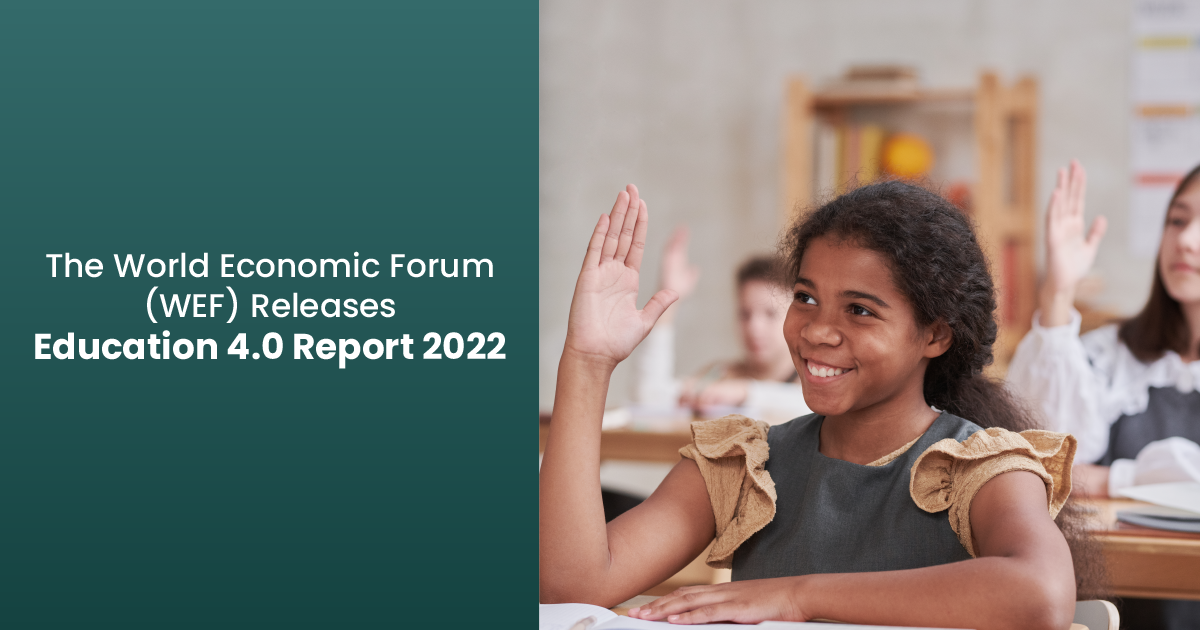
The Education 4.0 Reports highlight how technology can handle learning gaps and make education accessible to everyone. The information was issued- Under Education 4.0 India initiative launched in May 2020 and has convened more than 40 partners from the education technology, academic, start-up communities, and government.
A report from World Economic Forum (WEF) stated that even as the covid-19 has decreased in most parts of the world, the school-to-work evolution procedure is still confronting considerable hindrances in India.
The World Economic Forum (WEF) said India is the second leading market for online education after the US. The current education environment is full-bodied for digital transformation with facilitative policies and initiatives of the government, such as more than 5000 EdTech start-ups across the learning lifecycle and National Education Policy 2020. But a deficiency in collaborative measures has resulted in a sole-skilling ecosystem that has not been able to accomplish its maximum potential.
India has over 60 million secondary and higher secondary students, but 85% of schools are yet to execute vocational courses as part of their curriculum.
S2W- School-to-work transition or evolution directs to make students job-ready in a rapidly developing landscape. It added that the school-to-work transition procedure still confronts prime hurdles, such as inadequate resources and infrastructure, a shortage of trainers, and low-grade connections between localised skill gaps and vocational courses. The report stated that many students and parents assume vocational education is the second-best alternative to mainstream education.
The report stated that employers expect students to have a high degree of knowledge, competencies, and skills suitable to their work. Employers also desire healthy teamwork, problem-solving skills, strong communication skills, and critical-thinking abilities.
According to the WEF report, school education is presently developed with no reference to industry requirements since there are no standard channels for industry participation.
The report added- Further, credits cannot be transmitted between formal & informal education streams, so students who wish to pursue higher education after vocational courses or vice-versa confront tribulation linking their credits. This demoralizes mobility between the two streams.
Improving opportunities for career awareness and exposure via internships and apprenticeships enable credit transferability to allow students to transfer between formal & informal education channels and training and offer experiential learning for holistic growth via STEM-based courses, life-skills coaching, and language learning are among the suggestions made in the report.
News Source: Adda 24/7
EShort / February 16, 2024
IMS Noida Admissions 2024: Apply for UG, PG programmes
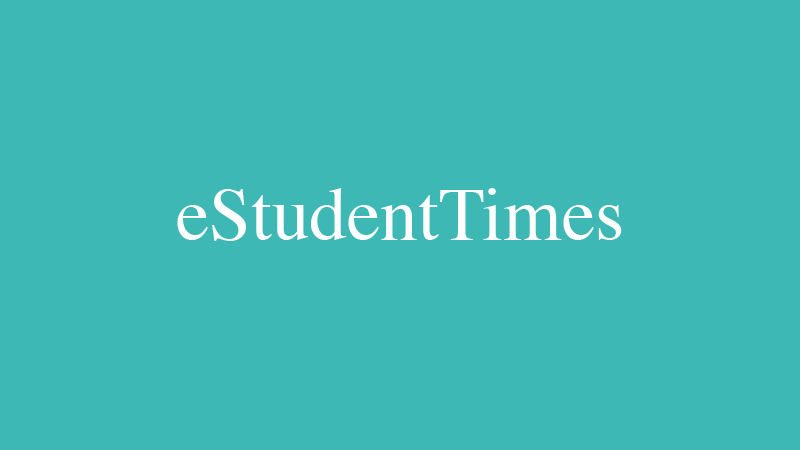
EShort / February 16, 2024
GATE 2024: Response sheet out
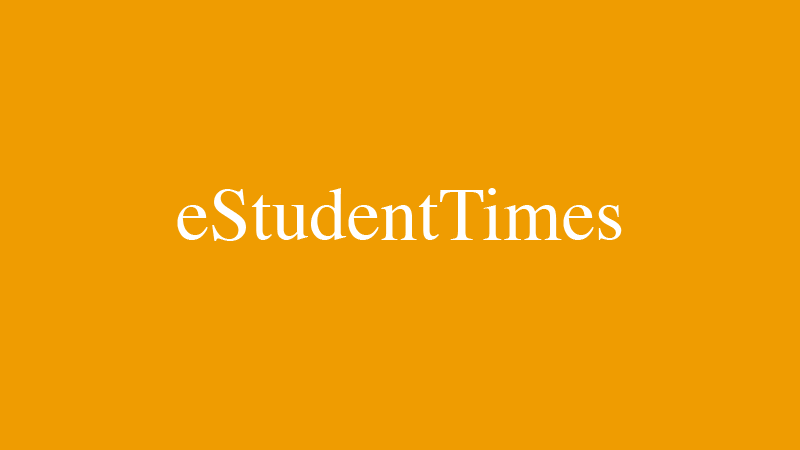
EShort / February 16, 2024
BSSTET 2023: Admit card released
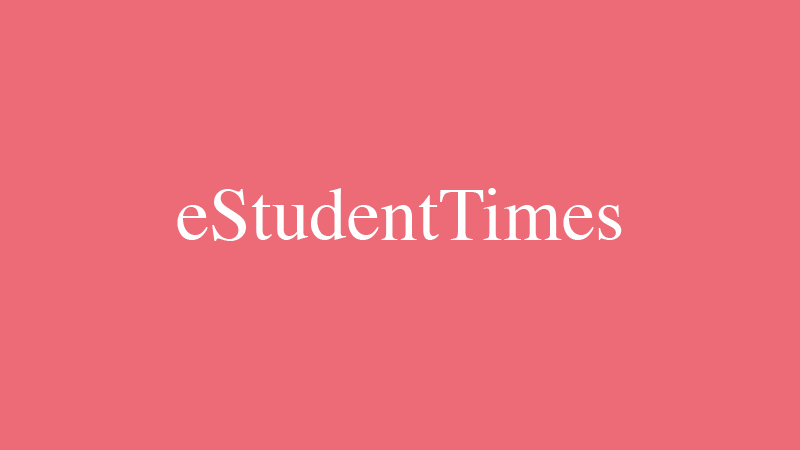
EShort / February 16, 2024
NID DAT 2024: Prelims result released
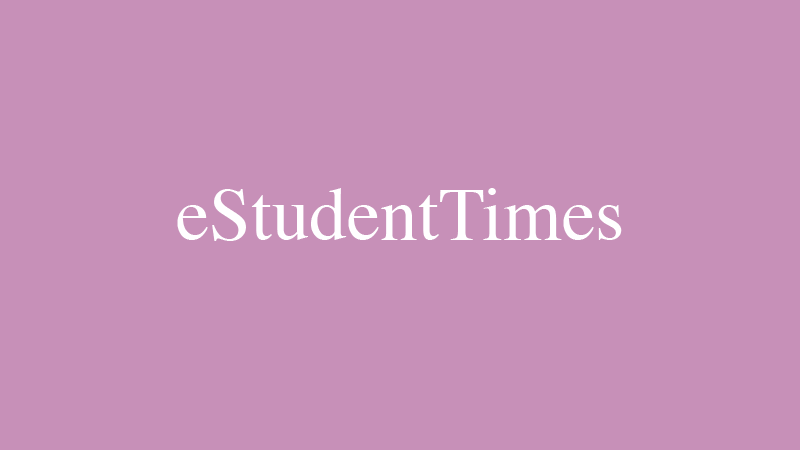
EShort / February 16, 2024
IIT JAM 2024: Response sheet released
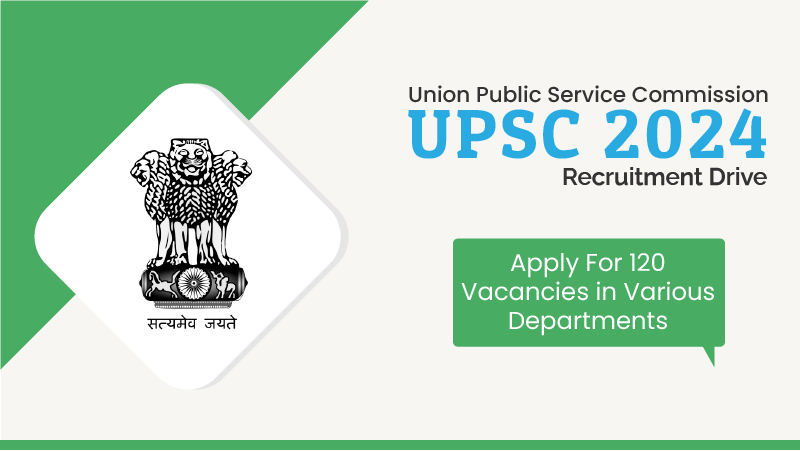
Jobs / February 16, 2024
UPSC Recruitment Drive 2024: Apply for 120 vacancies in various departments
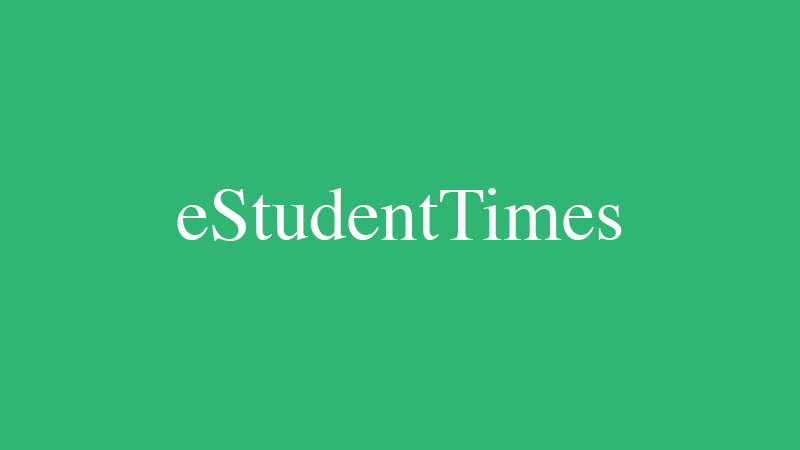
EShort / February 14, 2024
UPSC CSE 2024: Official Notification issued; application process begins
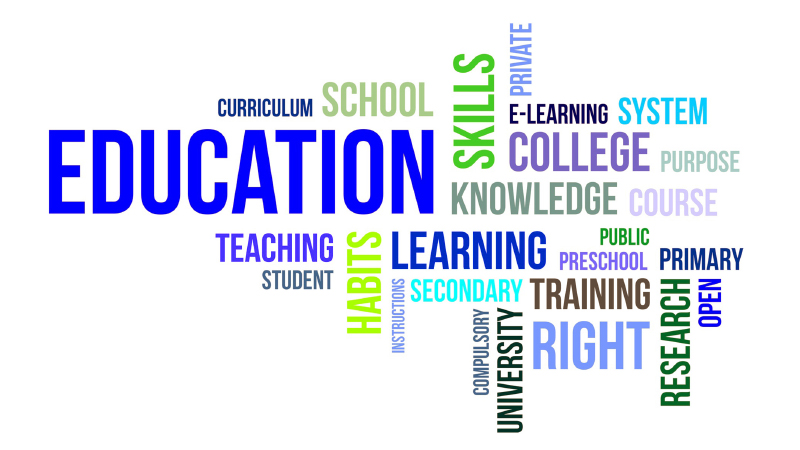
Editor's Desk / April 17, 2020
How Does Society Impact Our Education?
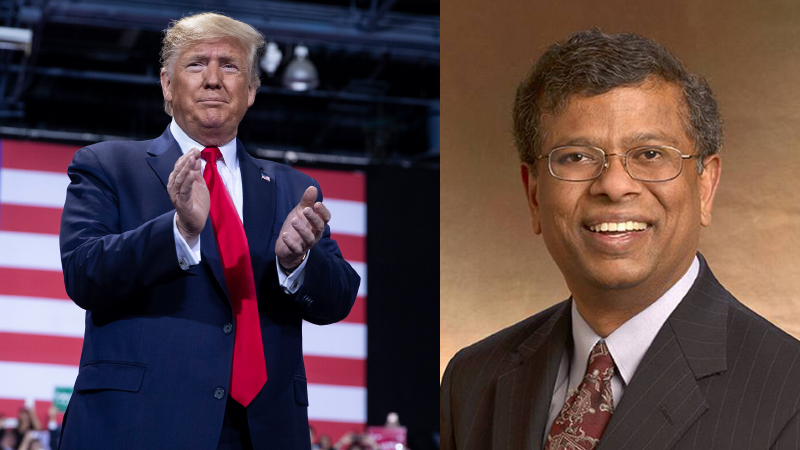
Current Affairs / April 22, 2020
Mr. Sudarsanam Babu appointed to U.S. Science Board.
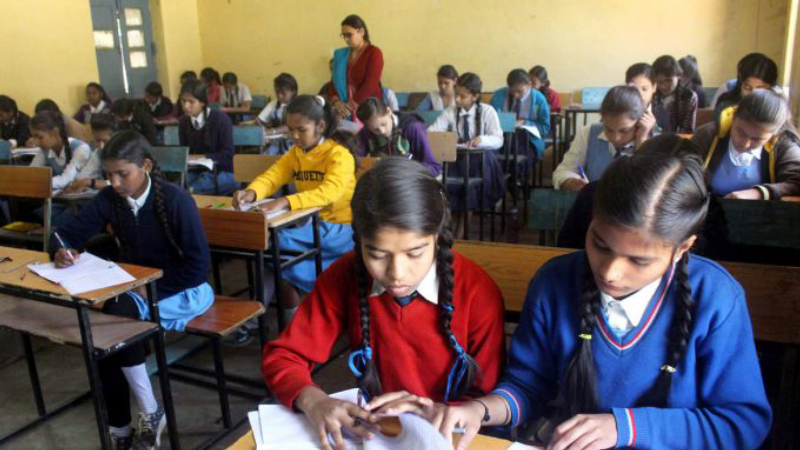
Reforms / April 17, 2020
Traditional Structure of Education In India
.jpg)
Events & Seminars / April 17, 2020
PISA!!
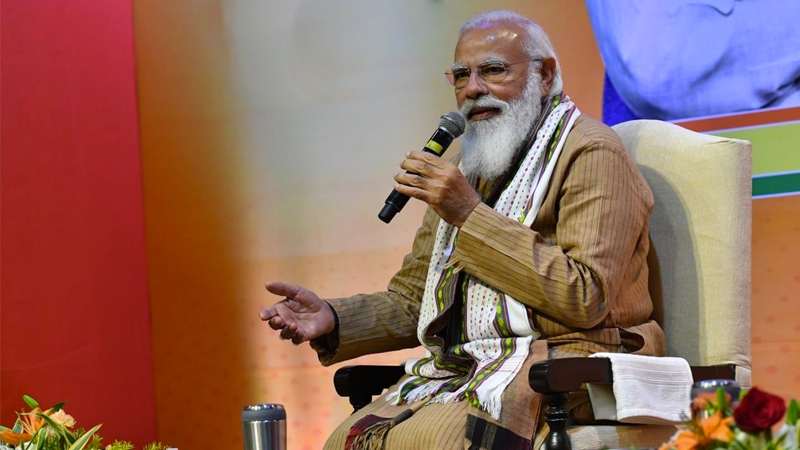
Blog / February 26, 2021
Government's Action On #ModiRojgaarDo
EShort / May 19, 2022
CUET PG 2025 has started the registration process.

Notice Board on Important Dates / April 21, 2020
World Heritage Day

News / July 08, 2021
JEE Mains Registration For Session 3: Last Date To Apply
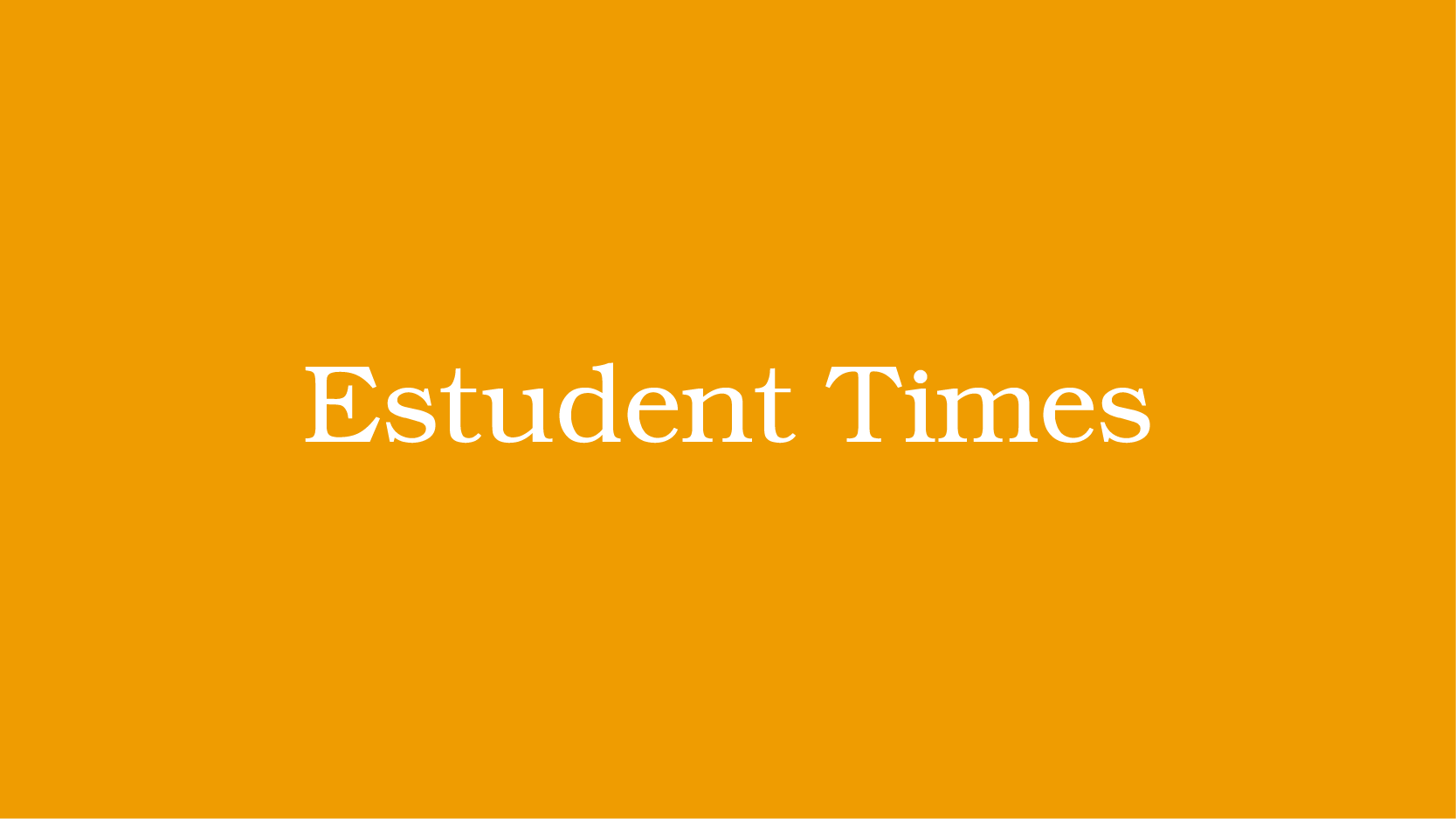
EShort / December 14, 2021
UPSC Declared Final Result For DCIO Recruitment
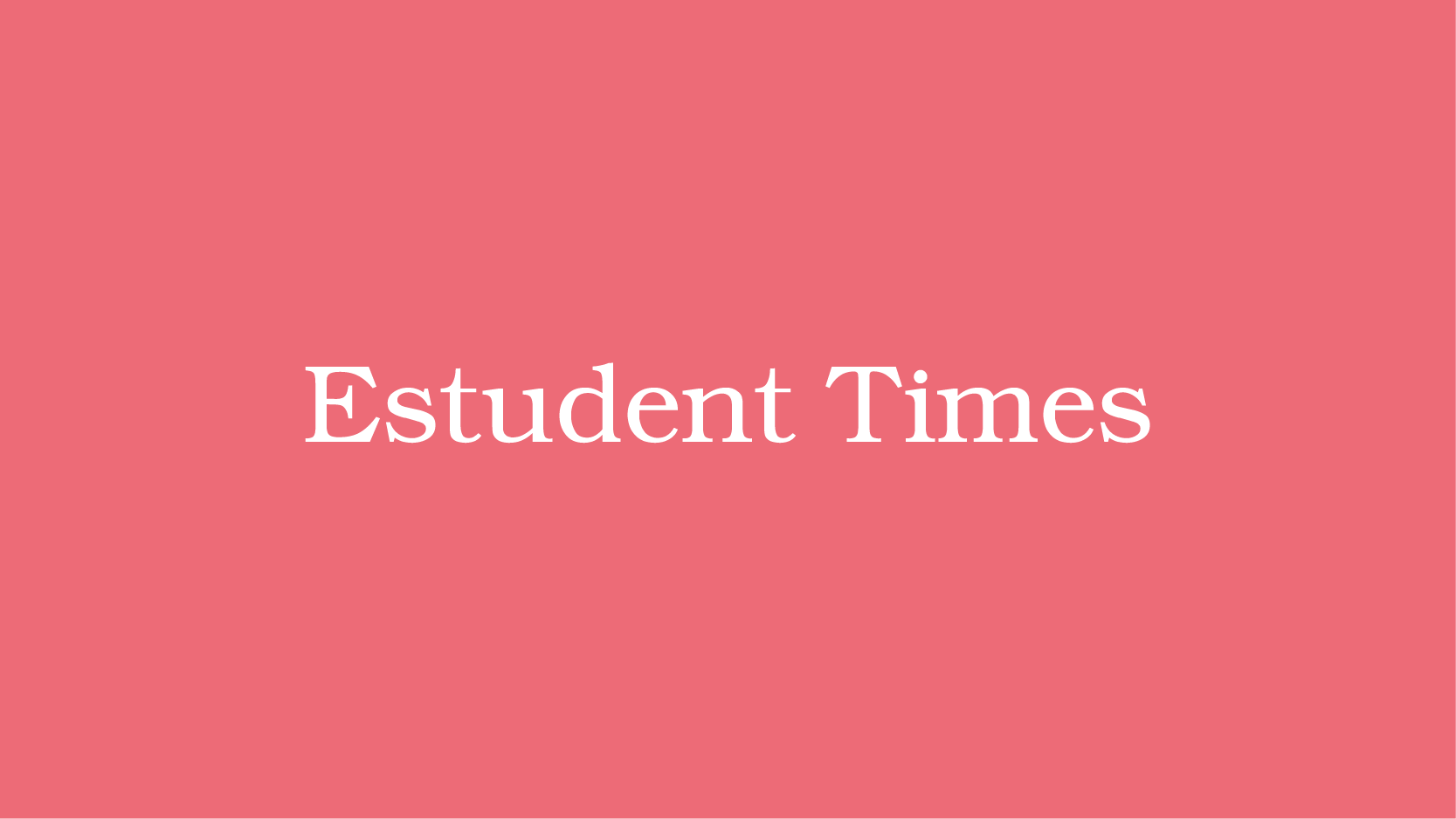

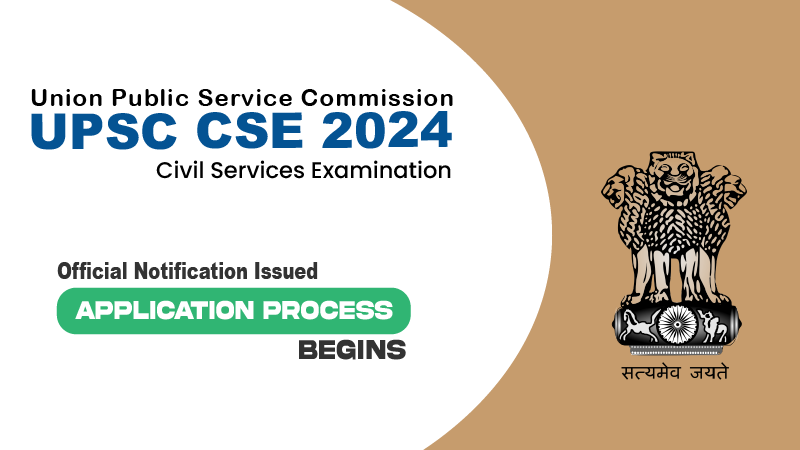

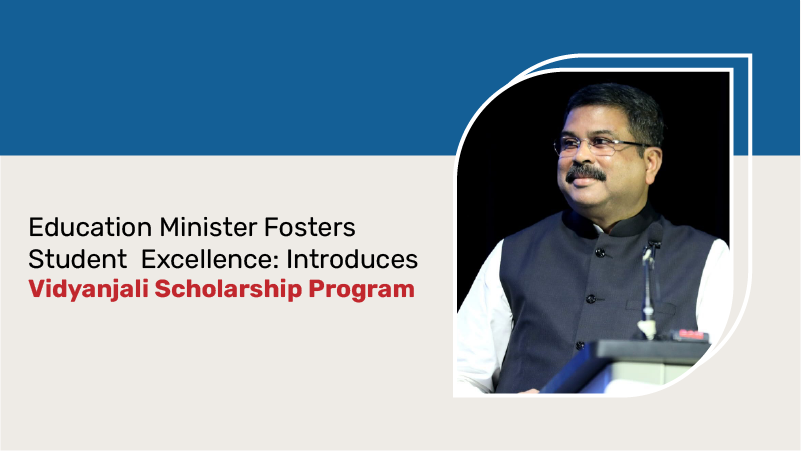
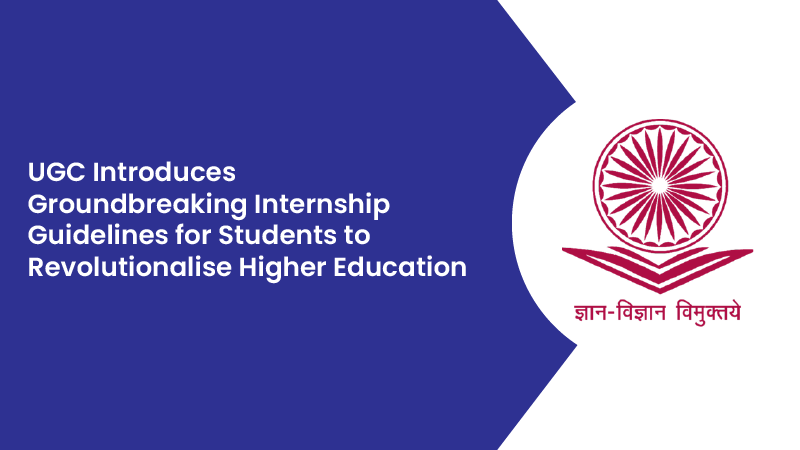

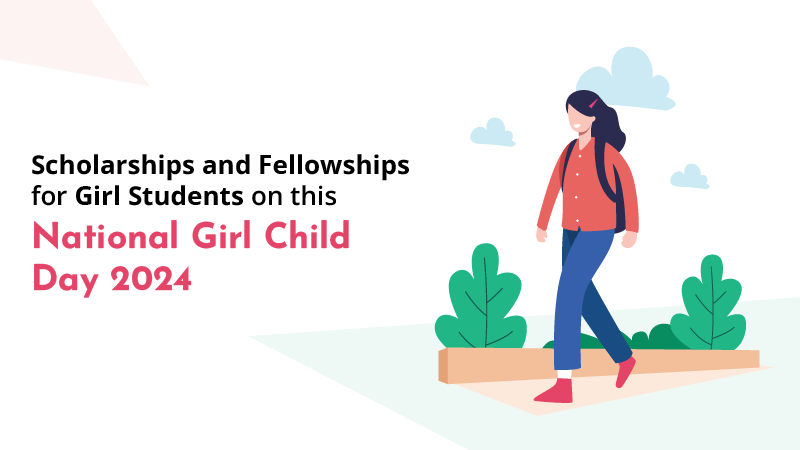



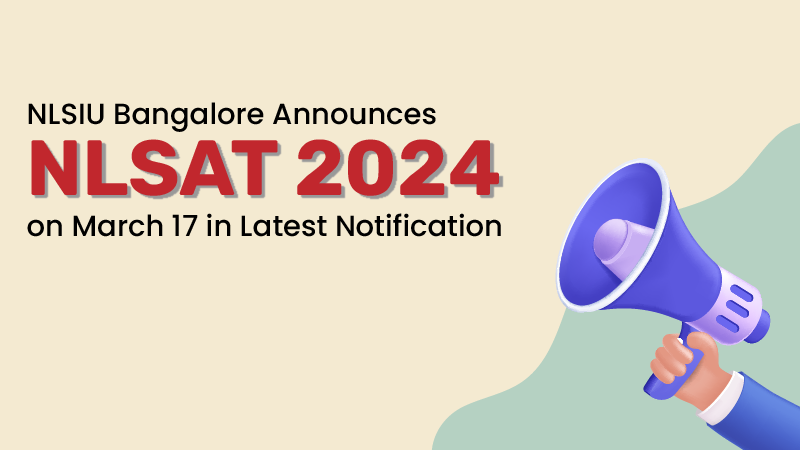

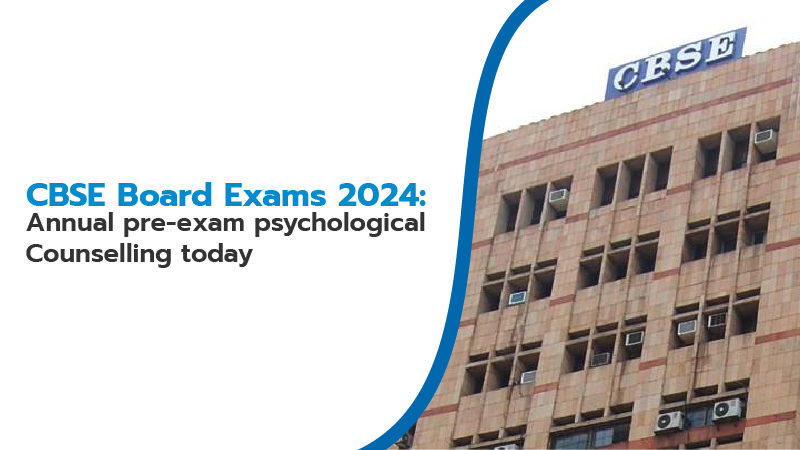
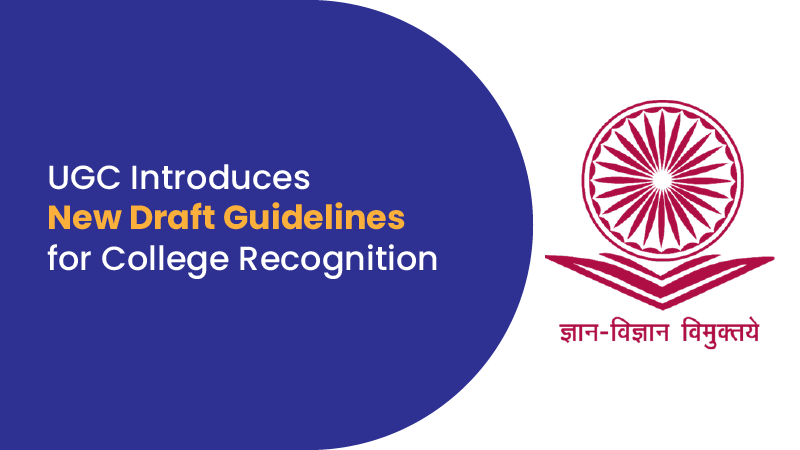

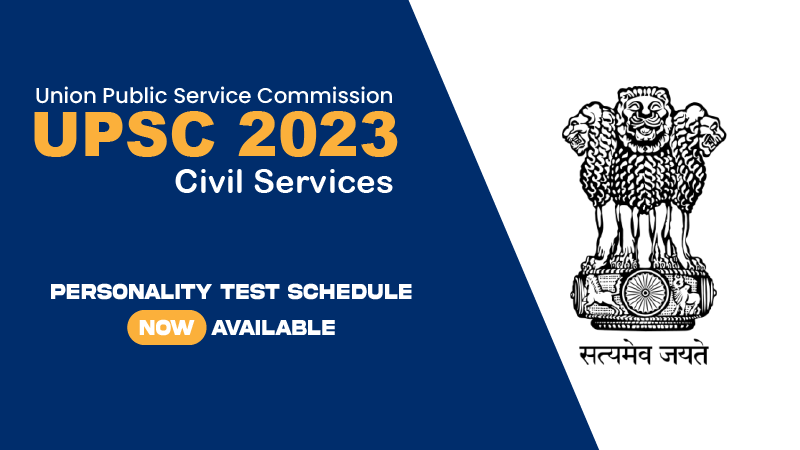
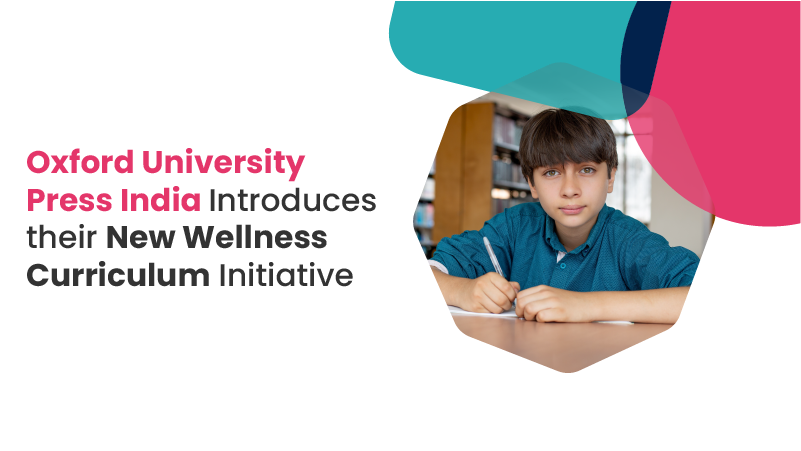

-02.png)
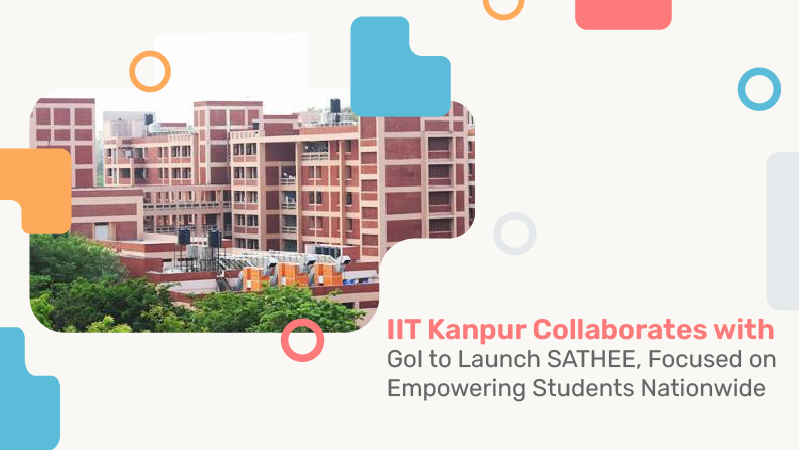
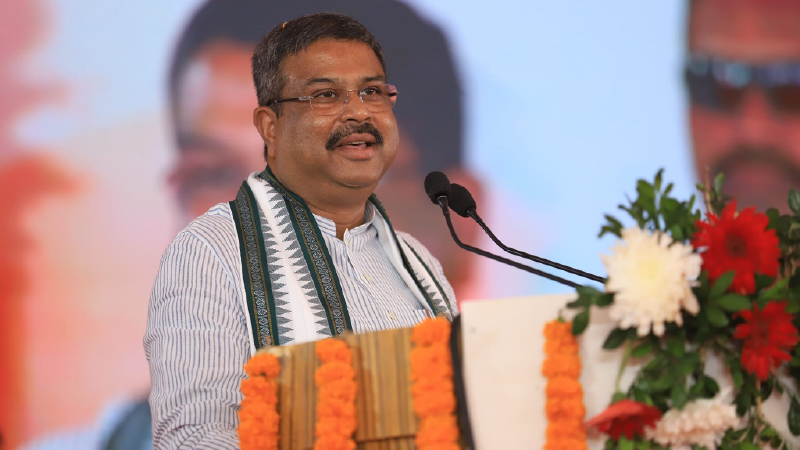
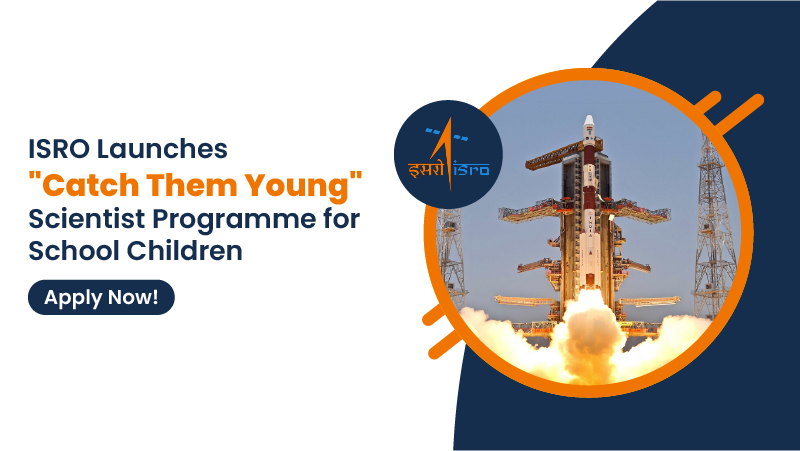
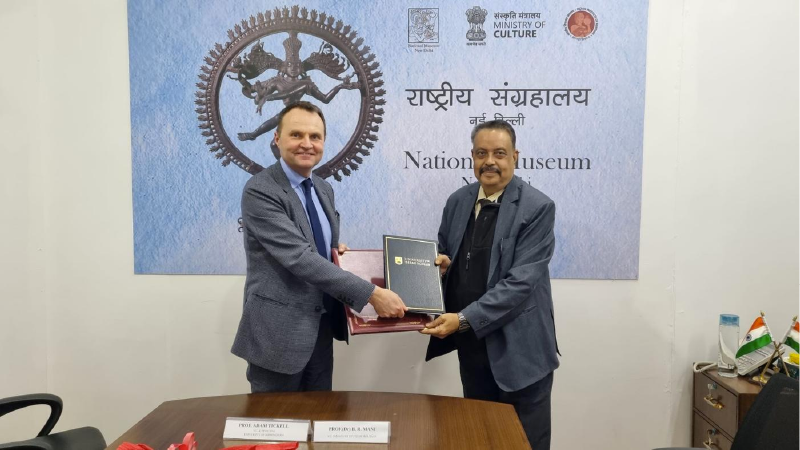
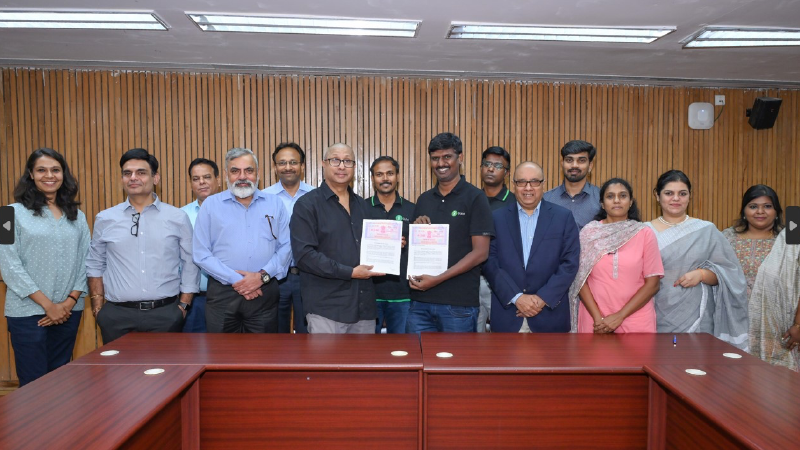
0 Comments
Post Comments